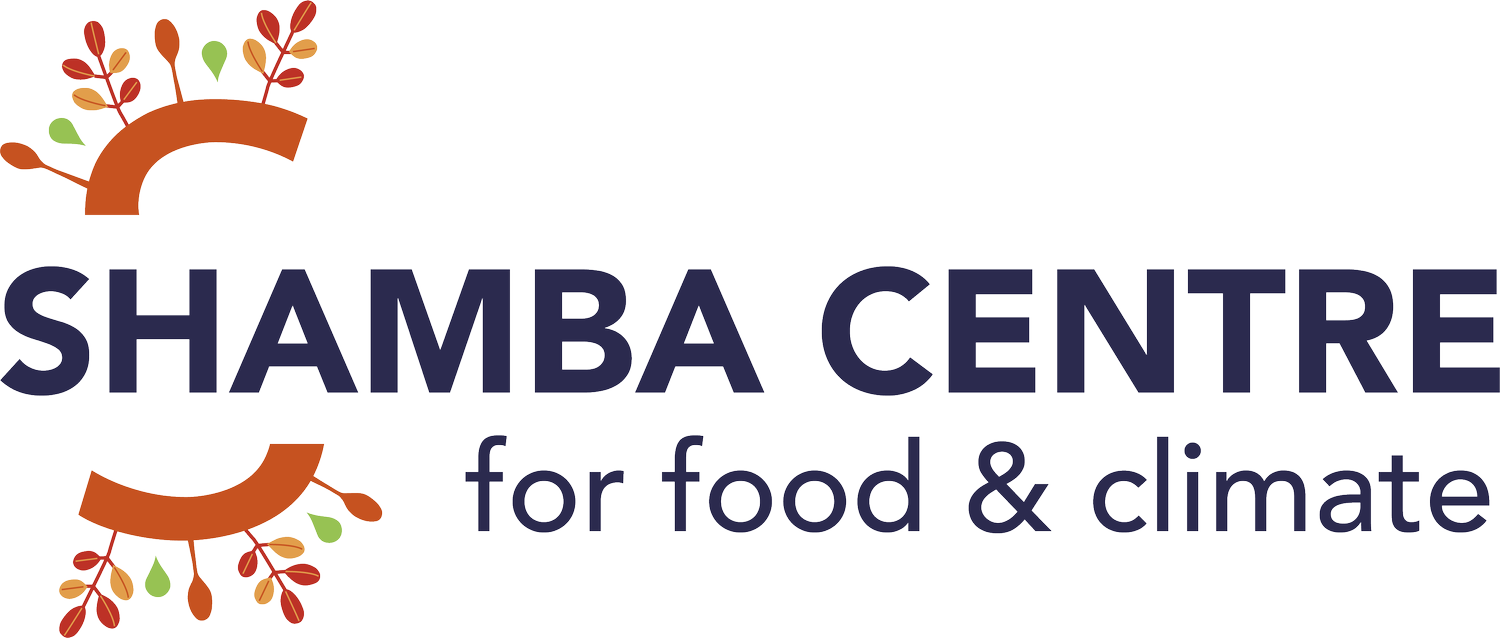
Opinion: Strengthen African market competition to fight food insecurity
The below article by Carin Smaller originally appeared in Devex
The extreme levels of concentration in agricultural and food markets across Africa are a critically overlooked force driving up food insecurity and poverty. It harms small producers, informal enterprises, and consumers. From seeds to supermarkets, markets present high barriers to entry, leading to frequent and harmful cartels. These cartels are widespread and cross-borders, as exemplified by the case of fertilizers, seeds, and poultry.
While this is happening in Africa, laudable efforts are underway in western Europe and the United States to rein in a different, but similar type of abuse of corporate power. An activist and reform-minded agenda, led by Lina Khan in the United States and, at the time, Margrethe Vestager in the European Union, has shone a light on the abuse of market dominance by digital platforms like Amazon, Google, and Facebook.
The momentum to combat market concentration now needs to spread to Africa and to the food and agricultural sectors. African competition authorities need to be supported with the resources, knowledge, and the mandate to act. It is time for the development community to step in.
Market concentration in Africa
Market concentration in the food and agricultural markets globally is well-documented. Seven corporations control roughly half the flow of grains and oilseeds around the world. Four firms account for 72% of the potash-fertilizer market globally.
In Africa, farmers are squeezed by the higher prices that they must pay for their supplies, such as seeds and fertilizers, and the lower prices that they receive when selling their products as ingredients for food processing. Consumers also face high costs. In African cities, food prices are on average more than 30% higher compared with low- and middle-income countries in other parts of the world.
A few examples highlight the plight of farmers in Africa:
According to the World Bank, three out of the five main fertilizer companies operating in 24 countries across Africa have been involved in cartels and increasing prices to farmers. Researchers estimate that international collusion in potash and phosphate exports have driven up prices by 50-63%.
In the soybean feed market, the African Market Observatory Price Tracker found that in 2021, traders earned excess margins of up to 91%, suppressing farmer prices in Malawi and Zambia, and increasing prices to feed buyers in the poultry sector in Kenya.
The Competition Commission of South Africa, which provides the most vigorous competition enforcement in Africa, uncovered cartels in markets for fertilizer, silo storage and trading, poultry, maize milling, wheat milling, bread, and dairy. In the wheat flour market, cartels hiked up prices by 24-42% and simultaneously excluded smaller bread bakeries.
Between January and July 2023, producers in East and Central Africa paid up to three times more for urea fertilizer compared with world prices.
These are only a few examples that have been documented. Many more are likely to exist, but data is generally not available.
While higher prices in mature and competitive markets can be caused by a variety of factors, this is unlikely to be the case in Africa. Small markets with high barriers to entry and a small number of competitors point to dominant corporations with market-power setting prices even when explicit anti-competitive conduct is not detected.
A competition desert
Africa is more vulnerable to the harms of market concentration than other continents. Dominant firms enjoy a relatively higher concentration of market power given that the economies are generally smaller and less developed. And competition authorities are hindered in their ability to act decisively against dominant firms given that their competition laws, policies, and institutions are mostly nonexistent or in their infancy.
A new report from the Shamba Centre for Food & Climate finds that almost half the countries in sub-Saharan Africa do not yet have competition laws or institutions in place (22 out of 48). Only nine countries have competition laws and institutions that are more than 10 years old. The remainder have new laws and nascent competition authorities but lack sufficient information and resources to act effectively.
What next?
Large companies are not bad per se. They enable important efficiencies from economies of scale, invest in research and development, and are an important source of innovation. Yet, when market concentration allows large companies to behave in anti-competitive ways — whether at the national, regional or global level — it harms small enterprises, weakens innovation, suppresses investment, and inflates prices for consumers.
A report by the World Bank Group and the African Competition Forum found that disciplining cartels and improving competition regulations could help reduce the prices of food staples by 10% and help 500,000 people in Kenya, South Africa, and Zambia escape from poverty. Consumers could save more than $700 million a year on food prices.
For those competition authorities with the mandate and capacity to act, specialized technical and legal assistance, as well as a common knowledge base, such as a market observatory tool, will ensure the capability to effectively enforce the laws and rein in anti-competitive conduct.
For those without institutions or with institutions still in their infancy, prioritizing regional competition authorities and regional enforcement is a necessary strategy for the coming decade.
Combating food insecurity and poverty starts with a level playing field. Strong competition law and enforcement is an important first step toward unraveling entrenched market concentration and making sure that the rules of the market are fair for everyone.
